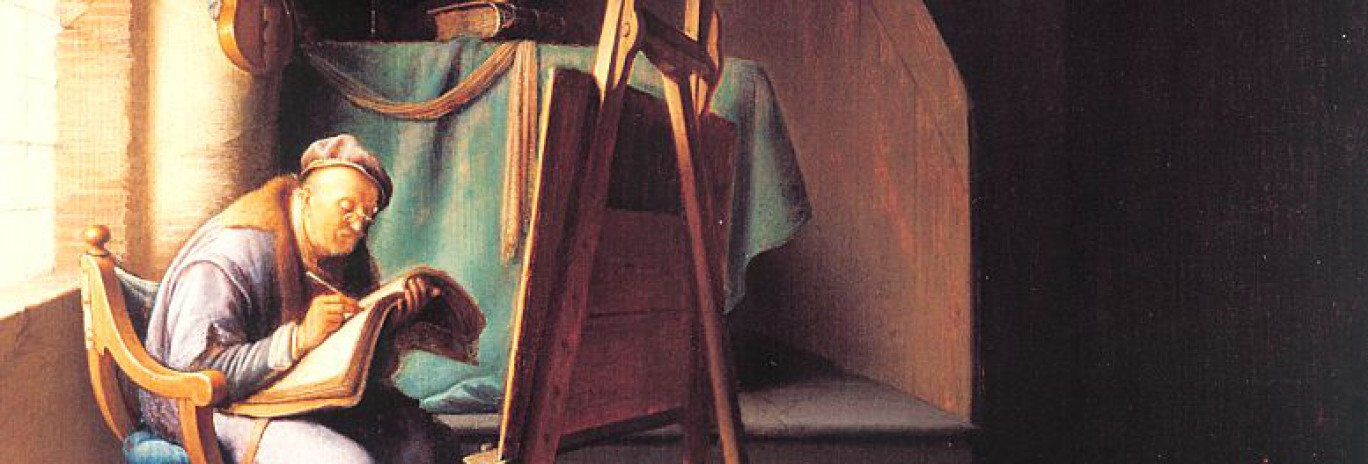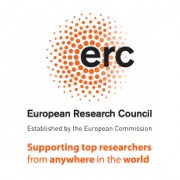Events
TECHNICAL ART HISTORY COLLOQUIUM XV: The Hands of the Engraver. Albert Flocon meets Gaston Bachelard
The Technical Art History Colloquium is organised by Sven Dupré (Utrecht University and University of Amsterdam, PI ERC ARTECHNE), Arjan de Koomen (University of Amsterdam, Coordinator MA Technical Art History), Abbie Vandivere (University of Amsterdam, Coordinator MA Technical Art History & Paintings Conservator, Mauritshuis, The Hague), Erma Hermens (University of Amsterdam and Rijksmuseum) and Ann-Sophie Lehmann (University of Groningen). Monthly meetings take place on Thursdays. In the fifteenth edition of the Technical Art History Colloquium, prof. dr. Hans-Jörg Rheinberger (Max Planck Institute for the History of Science, Berlin) will give a public keynote lecture for the workshop ‘The Making of Technique in the Arts. Concepts and Practice from the Sixteenth to the Twentieth Century’. This workshop aims to bridge the gap between the changing concept of technique and the practices currently described by it. Moreover, the linguistic history of technique in the arts will be discussed, with questions such as why the term ‘technique’ first emerged around 1750, and what did it mean initially to artists, art theorists, and natural philosophers? For more information about the workshop see: Making of Technique.
Abstract lecture
Between the end of the 1940s and the late 1950s, a collaboration of a peculiar sort developed in Paris between the copper engraver of German origin Albert Flocon and Gaston Bachelard, the French philosopher of science and poetologist of imagination. The outcome of this encounter is not very well known even by experts of either Bachelard’s oeuvre or of post-war art in France. Flocon and Bachelard together created a series of art books to which the former contributed the engravings and the latter enriched them with shorter or longer commentaries. These commentaries take the form of reflections about the hand of the engraver, the resistance that it experiences and the constructive forces that it sets free. The encounter will be described through the presentation of a number of selected examples that will give an impression of the whole oeuvre. It also will shed light on the connection between the poetological and the epistemological interests of Bachelard.
Biography Rheinberger
The main focus of Hans-Jörg Rheinberger’s research lies in the history and epistemology of experimentation in the life sciences. By bridging the gap between the study of history and contemporary cutting-edge sciences, such as molecular biology, his work represents an example of transdisciplinarity as emerging in the present knowledge-based society. Rheinberger studied philosophy and biology in Tübingen and Berlin, Germany. He received his MA in philosophy in 1973, his PhD in biology in 1982, and his habilitation in molecular biology in 1987. He was Assistant Professor at the University of Lübeck, Germany, and Associate Professor at the University of Salzburg, Austria. Since 1997, he has been a Scientific Member of the Max Planck Society and Director at the Max Planck Institute for the History of Science in Berlin. In cooperation with the Kunsthistorisches Institut in Florence he directed the project “Knowledge in the Making. Drawing and Writing as Research Techniques”.
In order to ensure that you will be accommodated, RSVP by October 19th to j.briggeman@uu.nl.
Download the invitation in PDF here: Invitation Technical Art History Colloquium 26 October


